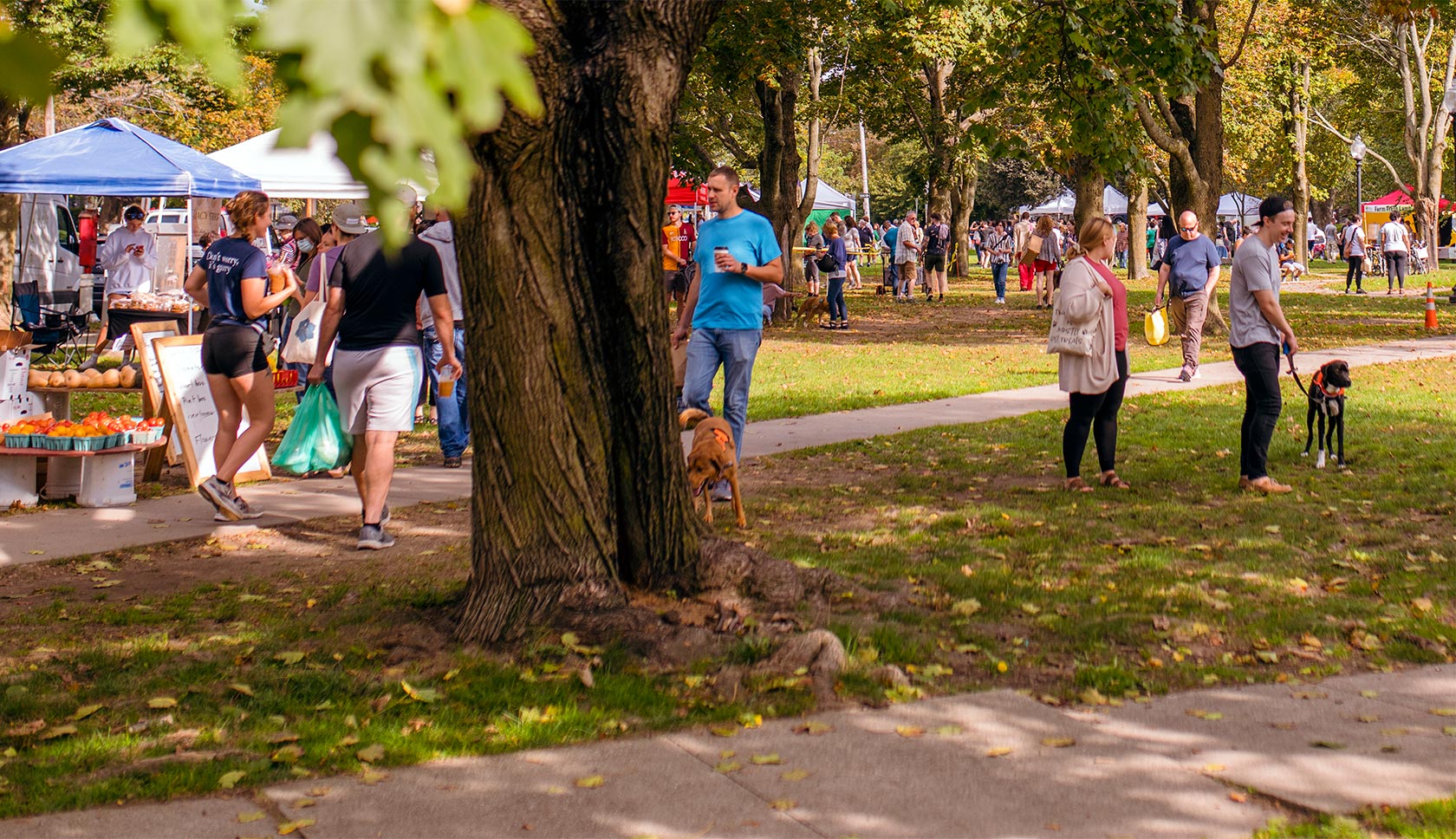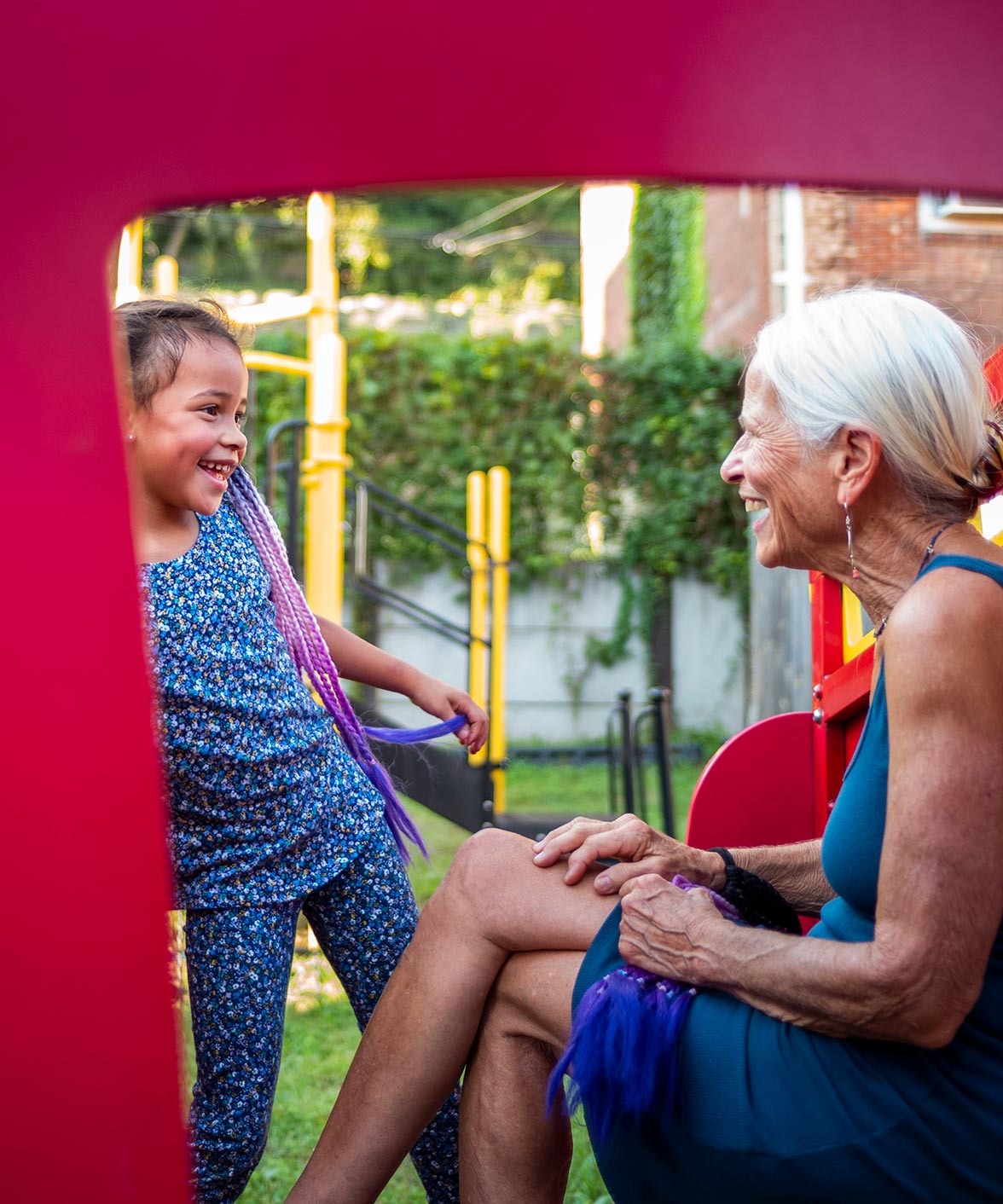
About
We believe in the power of parks
Trust for Public Land envisions a future where every community has safe, equitable access to a high-quality park within a 10-minute walk of home. The 10-Minute Walk program is one way we work – in collaboration with cities and partners – to address the most pressing questions and challenges to park equity.
Launched in 2017, we are an award-winning national effort to improve safe, easy access to parks and green spaces. We aim to advance policies and solutions that change the way we plan, fund, and govern our public greenspaces.

Why 10-minute walk to a park?
The 10-minute walk metric—equivalent to approximately a half-mile for an able-bodied person—is the average distance most people are willing to walk to reach a destination, a standard that helps us examine the number of opportunities and resources a person has close to home.
Ensuring that all people have access to a park within a 10-minute walk of home and that there’s adequate park space in all neighborhoods is essential to creating an equitable park system. In our work, safe access and quality spaces are both central to achieving park equity.
This work makes a difference
Close-to-home parks serve as essential backyards for millions of people and open up countless possibilities for communities and cities by helping to confront some of today’s most pressing urban challenges.
Close-to-home parks serve as essential backyards for millions of people and open up countless possibilities for communities and cities by helping to confront some of today’s most pressing urban challenges.
95 of the 100
most populous U.S. cities use 10-minute walk access in their visioning and implementation work around parks
48 million people
now have access to a close-to-home park – and that’s only in among the 100 most populous at cities.
Across the U.S., city park systems provide more than $50 million a year in economic and recreational value, and visitors generate $100 million a year in spending nationally.
Access to nature is shown to reduce stress and improve mental health of nearby residents, green spaces are associated with stronger social ties.

